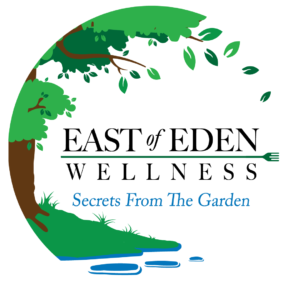Transitioning to a vegan diet is a great way to support your health and wellness, but it’s essential to ensure you’re getting key nutrients that might otherwise be found in animal products. Three of the most commonly discussed nutrients are vitamin B12, iron, and omega-3 fatty acids. How can you include these nutrients in your plant-based diet? Though it’s always wise to speak to your healthcare provider before making any changes to your diet and health, here are a few suggestions:
Vitamin B12
Vitamin B12 is crucial for nerve function and red blood cell production, yet it’s primarily found in animal products. Vegans can get B12 through fortified foods such as plant-based milks, breakfast cereals, and a favourite of many vegans, nutritional yeast or as it is known by it’s more fondly name, « nooch ». You may also want to consider a B12 supplement, which many health experts recommend for those on a long-term vegan diet. A DNA test can determine the best type of B12 for your genetic make up.
Iron
Iron is vital for transporting oxygen throughout the body, and although plant-based sources contain non-heme iron, which isn’t absorbed as well as heme iron from animals, there are still plenty of ways to meet your needs. Great sources of iron for vegans include lentils, chickpeas, tofu, quinoa, and dark leafy greens. Pair these with vitamin C-rich foods, like citrus fruits or bell peppers, to boost iron absorption.
Omega-3 Fatty Acids
Omega-3s are essential for brain and heart health. While most people think of fish as the primary source, vegans can get omega-3s from chia seeds, flaxseeds, hemp seeds, and walnuts. Algal oil supplements, made from algae, are also a good option for those looking to supplement.
By including these nutrient-rich foods in your diet and considering fortified products or supplements when necessary, you can thrive on a vegan diet and enjoy all the health benefits it offers.
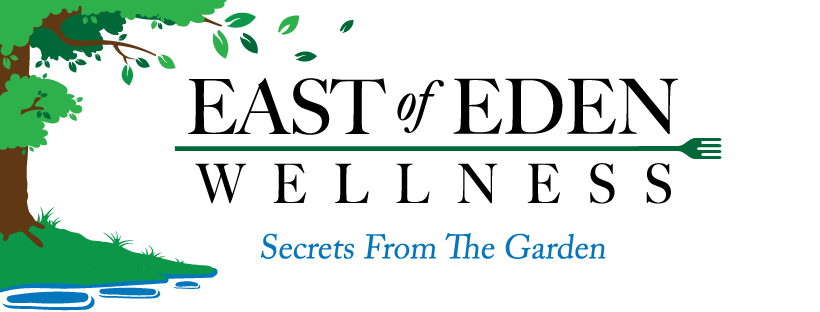

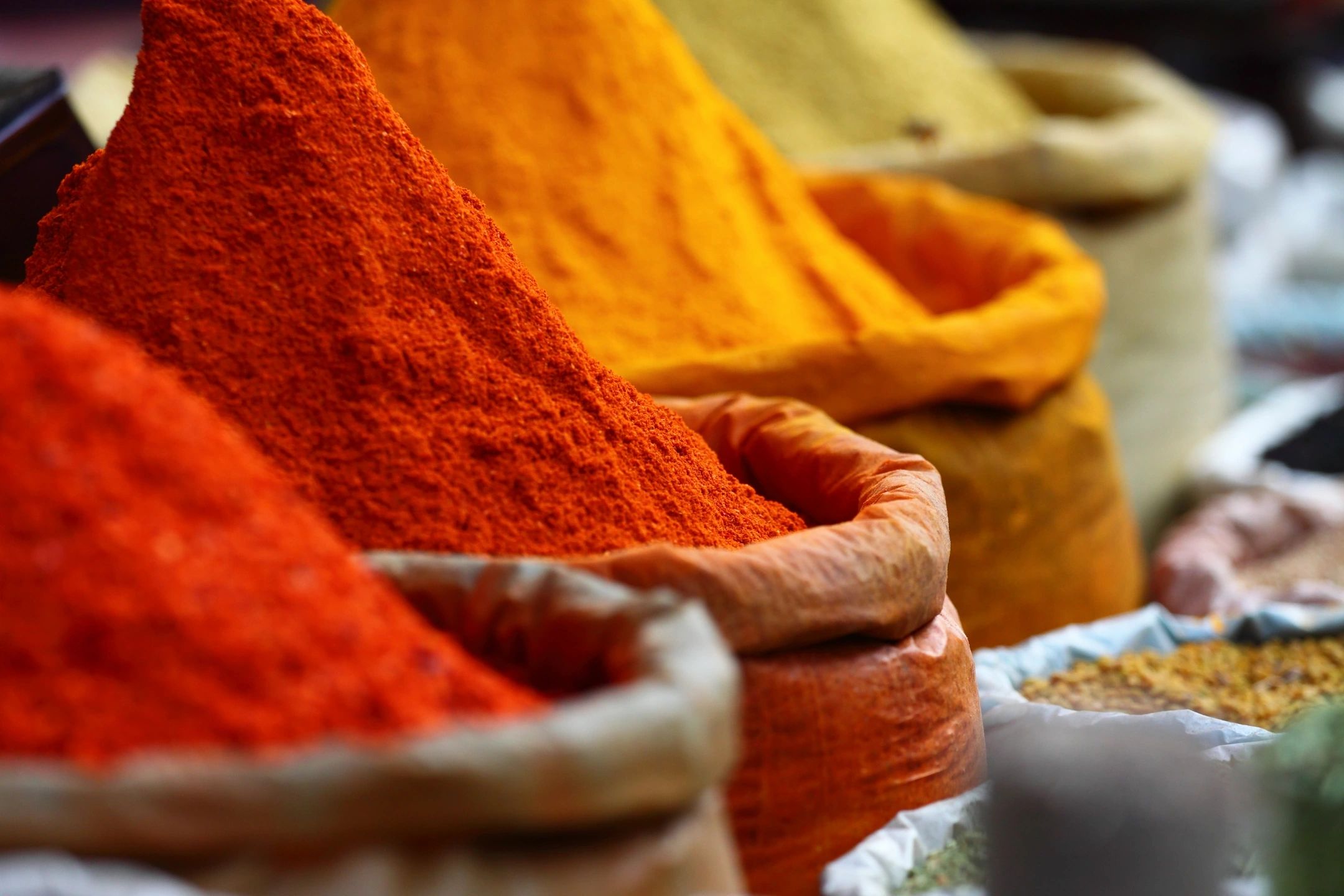
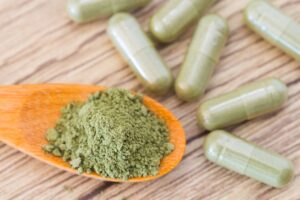
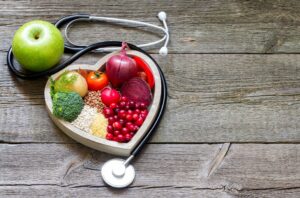
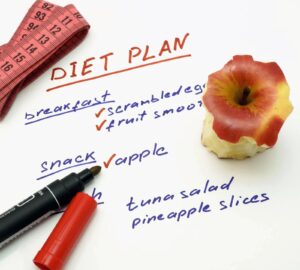
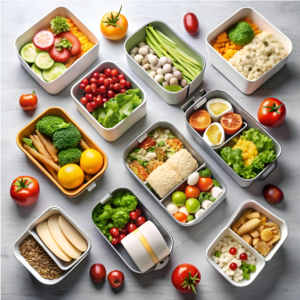
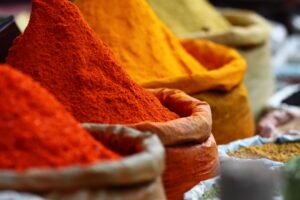
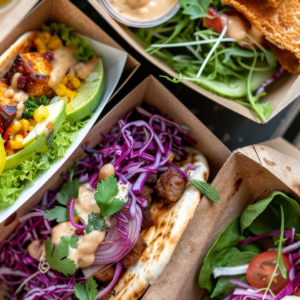
 by
by